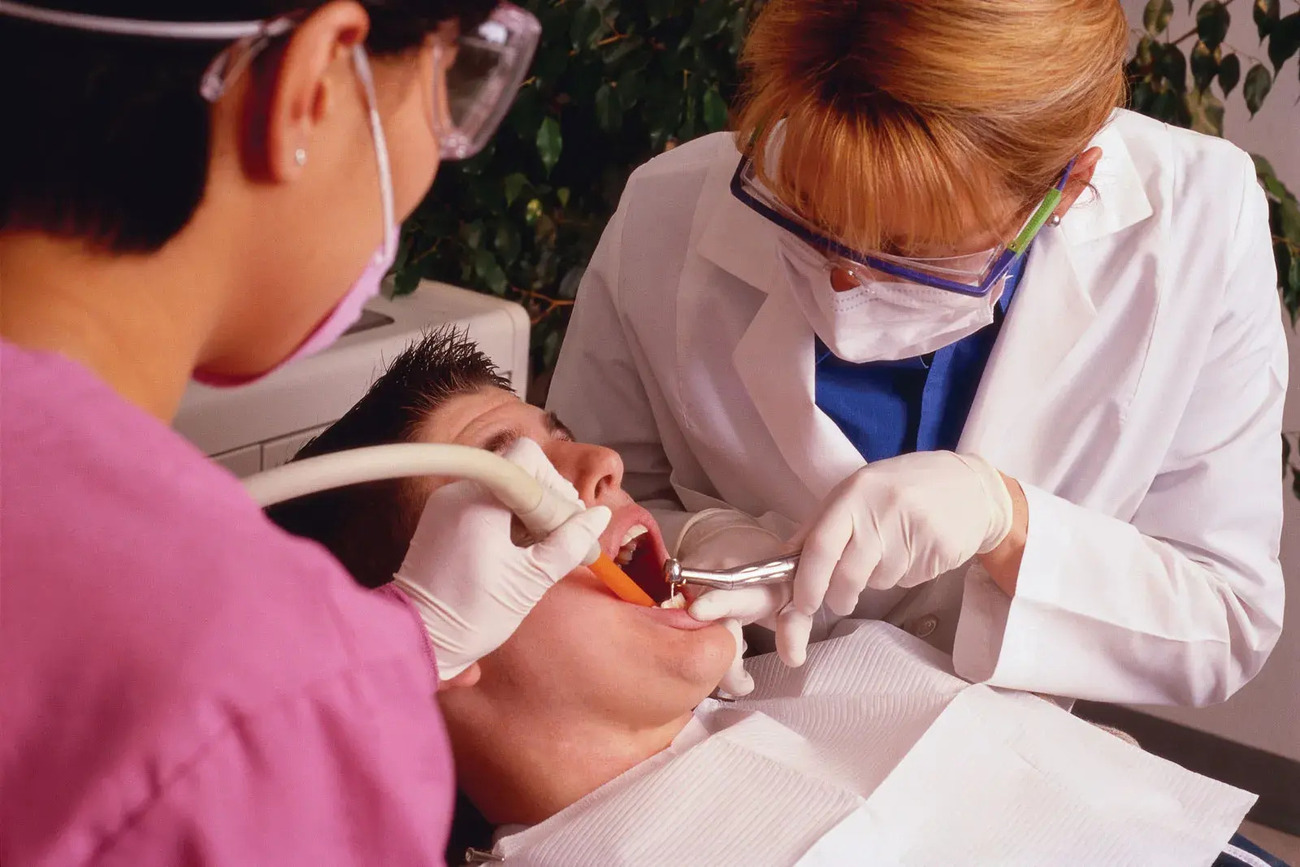
Ever wondered why your dentist seems to have an endless stream of advice every time you visit? Or why certain dental myths just won't bite the dust? Well, you're in for a treat! Dental facts might not be the topic of conversation at your next dinner party, but they're absolutely fascinating and can give you a whole new perspective on the importance of oral health. From the surprising to the downright bizarre, these 20 dental facts will not only broaden your knowledge but might also save your smile. So, buckle up and prepare to be amazed; your view on dental care is about to get a whole lot more interesting. Who knew teeth could be so intriguing?
Key Takeaways:
- Takeaway 1: Did you know enamel is the hardest substance in your body? It's like a shield for your teeth! Remember to brush, floss, and visit the dentist to keep it strong and healthy.
- Takeaway 2: Eating crunchy fruits, drinking water, and chewing sugar-free gum can help keep your teeth clean and strong. It's like giving your teeth a natural spa day!
Why Dental Health Matters
Good dental health is more than just having a bright smile; it's crucial for overall well-being. Neglecting oral care can lead to problems such as gum disease, which is linked to heart disease, diabetes, and respiratory issues. Brushing twice daily, flossing, and regular dental check-ups are key steps to prevent these problems.
Surprising Dental Facts
-
Enamel is the hardest substance in the human body, even stronger than bones. This protective outer layer shields teeth from decay, but once it's damaged, it can't regenerate.
-
Humans have two sets of teeth in their lifetime: baby teeth and permanent teeth. Baby teeth start to appear around six months of age, and by age 21, most people have all their permanent teeth.
-
Toothprints are as unique as fingerprints. Every person has a distinctive set of teeth, making dental records an important tool for identification.
-
Ancient toothpaste was made from ingredients like crushed bone, eggshells, and ashes. Modern toothpaste has come a long way, with fluoride added to help prevent tooth decay.
-
Flossing removes plaque and food particles from places your toothbrush can't reach. If you skip flossing, you're missing cleaning about 35% of your tooth surfaces.
-
Giraffes only have bottom teeth. Despite this, they can still munch on branches and leaves without any trouble.
-
The average person spends 38.5 days brushing their teeth over a lifetime. That's a lot of time invested in keeping your smile healthy!
-
Blue is the most popular toothbrush color. Interestingly, people tend to choose blue toothbrushes over red ones.
-
Dental floss was first patented in 1898, but evidence suggests that humans have been using various flossing materials, like horsehair, since ancient times.
-
Sugar is not the direct cause of cavities; acid produced by bacteria that feed on sugar is what leads to tooth decay. Regularly cleaning your teeth can help prevent this process.
How Diet Affects Your Teeth
-
Foods high in calcium and phosphorus can help protect and rebuild enamel. Dairy products, nuts, and chicken are great sources of these minerals.
-
Crunchy fruits and vegetables like apples and carrots can help clean your teeth naturally. Their fibrous texture stimulates gums and reduces plaque buildup.
-
Drinking water is not only essential for overall health but also helps keep your mouth clean. It washes away food particles and can help neutralize the acid produced by bacteria.
-
Tea and coffee can stain your teeth over time. Drinking these beverages through a straw can help minimize contact with your teeth and reduce staining.
-
Sugar-free gum can be beneficial for dental health. Chewing gum increases saliva flow, which helps neutralize acid and wash away food particles.
The Importance of Regular Dental Visits
-
Dentists recommend having a dental check-up at least twice a year. Regular visits can help catch problems early, when they're easier and less expensive to treat.
-
Professional cleanings remove plaque and tartar that regular brushing and flossing can't. This helps prevent gum disease and keeps your smile bright.
-
X-rays can detect problems not visible during a regular dental exam, such as impacted teeth, abscesses, or jawbone damage. They're an important part of maintaining dental health.
-
Fluoride treatments at the dentist can help strengthen enamel and prevent decay. They're especially beneficial for children and adults at high risk of cavities.
-
Sealants are a protective coating applied to the chewing surfaces of back teeth. They can prevent cavities for many years, making them a cost-effective preventive measure.
A Final Nibble on Dental Facts
We've chewed through some pretty fascinating dental facts, haven't we? From the ancient toothpaste recipes to the power of saliva, it's clear that our teeth are more interesting than we might have thought. Remember, taking care of your pearly whites isn't just about flashing a bright smile; it's about keeping history alive in our mouths. Whether it's the surprising strength of enamel or the quirky history of dental care, there's always something new to learn. So, next time you're brushing or flossing, think about the incredible journey those practices have taken to get to your bathroom sink. Keep smiling, keep exploring, and let's keep those dental facts coming. After all, every tooth in your mouth is a little piece of history.
Frequently Asked Questions
Was this page helpful?
Our commitment to delivering trustworthy and engaging content is at the heart of what we do. Each fact on our site is contributed by real users like you, bringing a wealth of diverse insights and information. To ensure the highest standards of accuracy and reliability, our dedicated editors meticulously review each submission. This process guarantees that the facts we share are not only fascinating but also credible. Trust in our commitment to quality and authenticity as you explore and learn with us.


